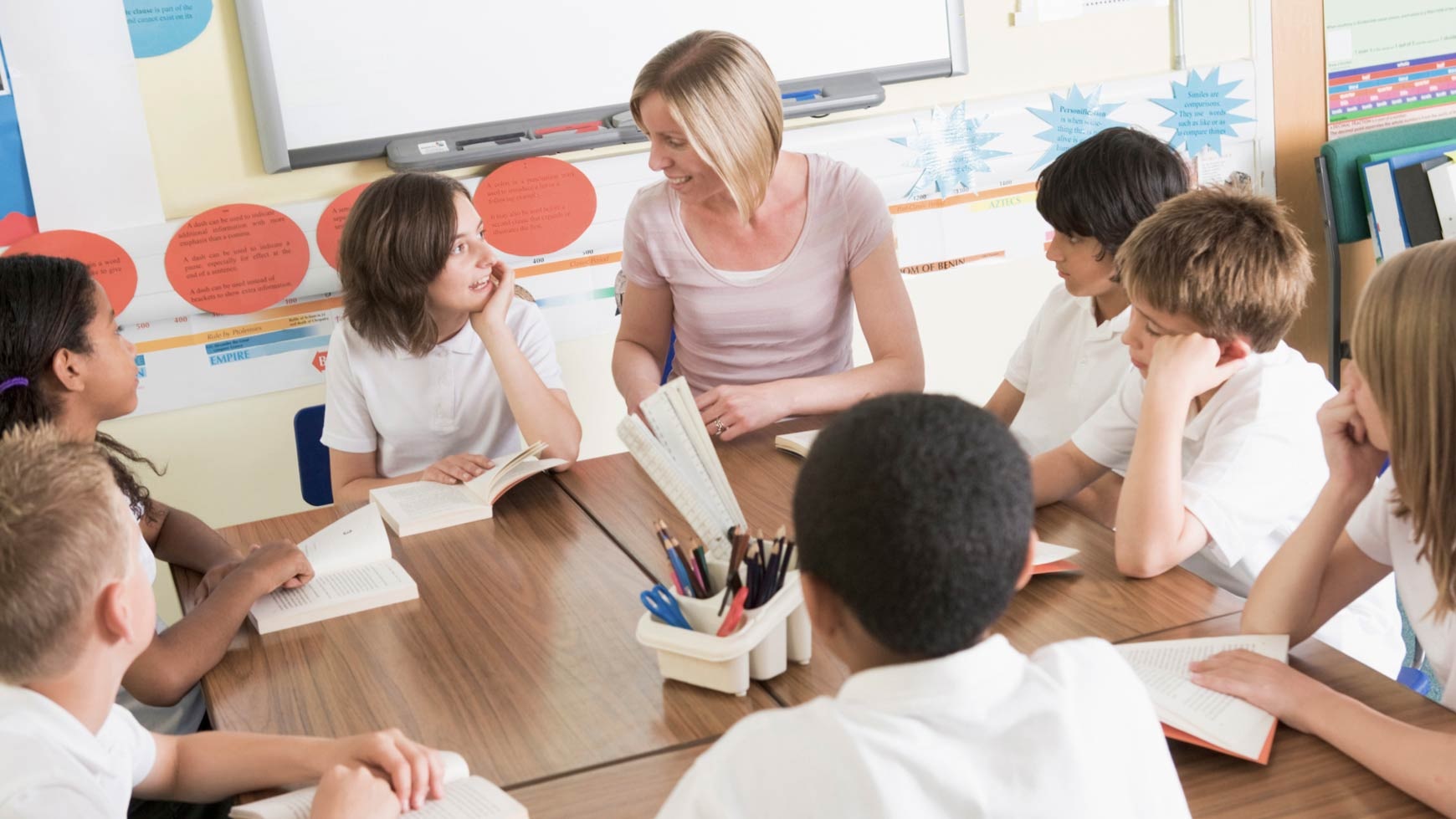For teaching a second language in early childhood or Kindergarten English (ภาษา อังกฤษ เด็ก อนุบาล which is the term in Thai), it is necessary to consider that the methodologies are quite different and must be appropriate according to the age group of the little ones. After all, a child who cannot read or write cannot be subjected to a teaching model that teenagers go through. This event reinforces the importance of innovative schools.
The ideal is to break down the didactics of teaching English to children in the phases that we will see below.
Up To 3 Years Old
At this stage, your child can even learn small English words or learn English for kids (เรียน ภาษา อังกฤษ สำหรับ เด็ก ,which is the term in Thai), and this process will take place through memorization. So, later on, he will end up forgetting what he learned at a very young age. As they can still communicate orally with perfection, the classes usually involve fun and enjoyable activities, which encourage the development of other skills using the foreign language.
Between 4 And 6 Years Old
At this stage, the child consolidates his cognitive system and prepares for more structured activities, such as learning English grammar. Therefore, educators continue to use playful strategies and games that are a little more elaborate to create more meaning for the little ones.
In general, in the first 6 years of life, your child will have the cognitive ability to learn 2 languages as if they were just one, which is very important for fluency in foreign languages. After all, the child will reason in the language he is communicating without performing mental translations.
From 7 Years
With the ability to express themselves orally and even to read perfectly, children from 7 years old can already be submitted to the usual teaching processes. Teachers use various possible strategies and resources to develop reading, writing, listening, and speaking skills in a foreign language to arouse interest and involve children in the teaching-learning process.
Teachers address reading texts, writing sentences, exhibiting cartoons and movies in English, and encouraging interaction with colleagues using the language exclusively. Finally, parents need to remember that learning is only effective when the child creates meaning and understands that activity as something fun, enjoyable, and essential. All of this can happen as part of the constructive process of knowledge.



